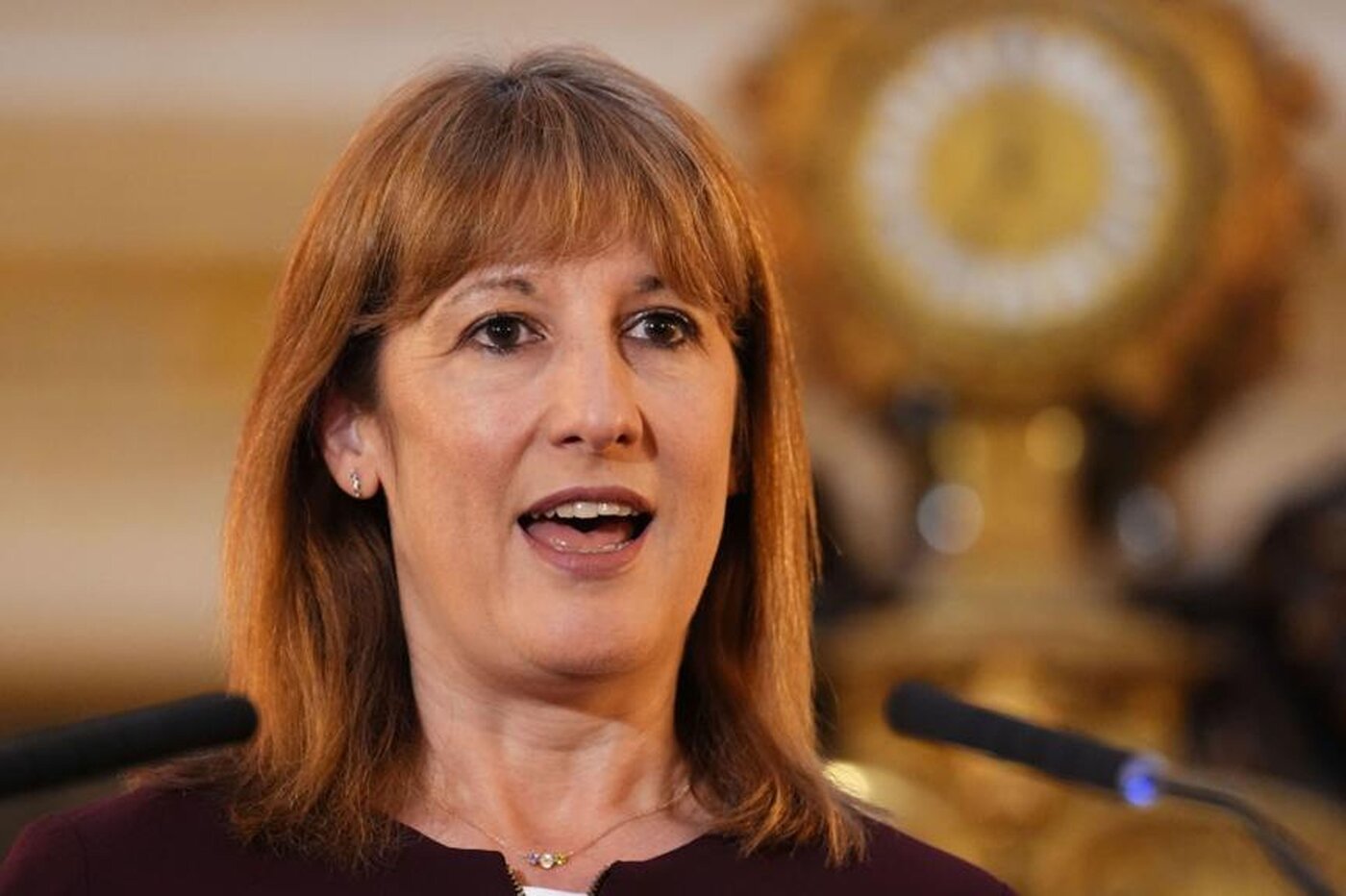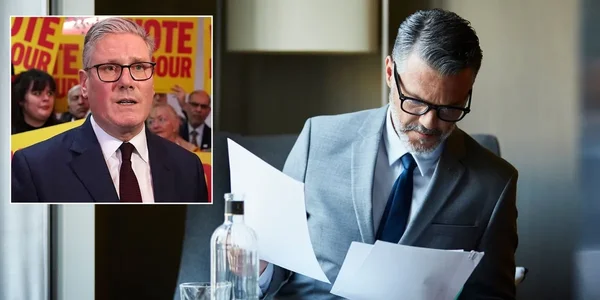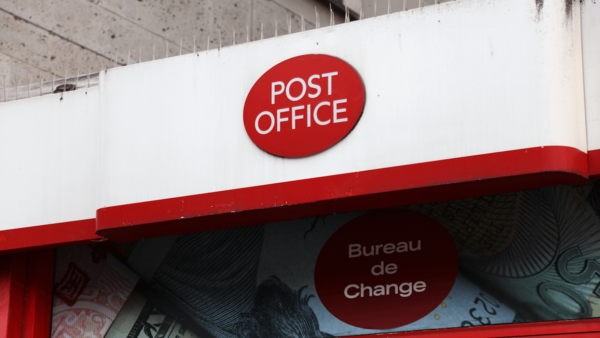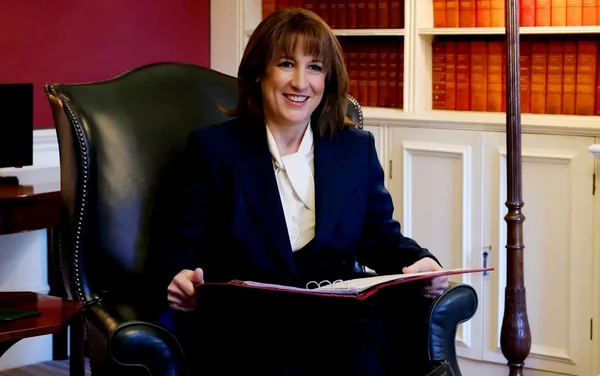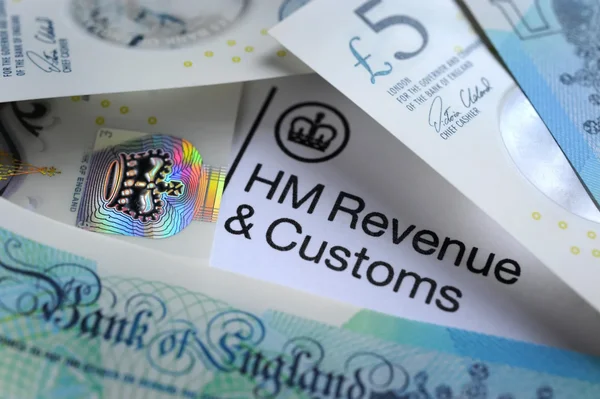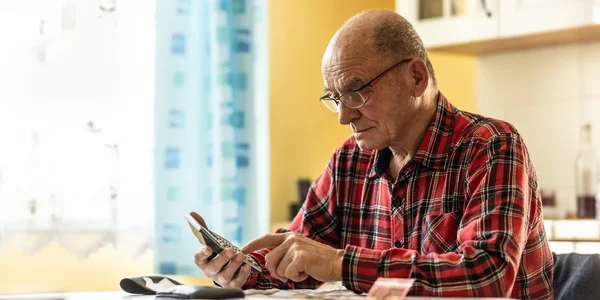Reeves Admits ‘Working People Will Pay a Bit More’ as Labour Defends Tax Rises
Starmer Concedes Everyone Is Being Asked to Contribute
Keir Starmer has acknowledged that the Government has “asked everybody to contribute” in its latest Budget, despite Labour’s election promise not to raise taxes on working people. Speaking to Sky News, he insisted the decision was essential to protect the NHS, support schools and tackle cost-of-living pressures.
Pressed on whether he had misled the public, Starmer rejected the claim, saying ministers had “done the least possible” to burden ordinary households and had acted “in a fair way.” He argued that the Government’s approach reflected a difficult economic inheritance that required shared responsibility.
Starmer also confirmed he would not apologise for scrapping the two-child benefit cap, stating the £3bn policy shift would lift 450,000 children out of poverty. He stressed the move aligned with his long-standing ambition rather than internal political pressure.
Reeves Says Tax Rises Were Kept to a Minimum
Chancellor Rachel Reeves admitted that working people “will need to pay more” after her Budget but insisted she had kept their contributions “to an absolute minimum.” She highlighted tax increases on betting companies, high-value properties and landlords as evidence the burden had been targeted at those “most able to pay.”
Reeves defended the Budget as her own, denying suggestions it had been crafted to calm Labour MPs or stabilise her position. She argued she was focused on long-term growth and fairness, stating: “Lots of people have tried to write me off. You’re not writing my obituary today.”
The Chancellor claimed she had already defied economic forecasts, pointing to upgraded growth expectations from 1% to 1.5%. She vowed to exceed projections again next year, despite concerns about falling productivity and fiscal headwinds.
Freeze on Tax Thresholds Triggers Major Revenue Rise
The most consequential revenue measure in the Budget was an additional three-year freeze on income tax and national insurance thresholds. While Reeves insisted this did not breach Labour’s manifesto, the policy will push 1.7 million workers into paying tax for the first time or into a higher band.
The freeze is forecast to raise £12.4 billion by 2030–31 and represents one of the largest stealth tax increases in modern Budgets. Analysts warn lower-income households will be disproportionately affected as wages rise faster than tax-free allowances.
Alongside the freeze, Reeves introduced several smaller taxes, including a controversial pay-per-mile levy on electric vehicles. The measures were designed to create a larger fiscal buffer and keep borrowing within the Chancellor’s self-imposed rules.
Two-Child Benefit Cap Removal Sparks Party Split
Labour MPs overwhelmingly welcomed the abolition of the two-child benefit cap, calling it a long-overdue reform. Reeves defended the decision as a “good investment” in children’s futures, noting that 60% of families benefiting from the policy are in work.
However, critics argue the move significantly increases long-term welfare spending and risks incentivising higher benefit dependency. Right-leaning commentators have accused the Government of prioritising political popularity among its base over fiscal responsibility.
Conservative shadow chancellor Mel Stride condemned the reversal, warning it would drive “25,000 more people onto benefits” and arguing the cap ensured benefit claimants faced the same financial decisions as working households.
Labour Insists Tax Pledges Not Broken
Despite accusations from opponents, Labour maintains it has not broken its core manifesto commitment. Reeves and Starmer both argue that freezing tax thresholds is technically different from raising tax rates and was necessary given the scale of economic pressures.
Reeves has declined to rule out further tax increases next year, saying only that she would continue to prioritise fairness and stability. She blamed global economic shocks and downgraded OBR productivity forecasts for forcing the Government to make “difficult, honest choices.”
The Chancellor added that wealthier groups and businesses had been asked to make a greater contribution, including landlords, high-value homeowners, and gambling companies.
Government Faces Pressure Over Growth PlansAsked whether her Budget lacked meaningful growth measures, Reeves cited new investments from JPMorgan and Goldman Sachs as evidence that confidence in the UK economy was improving. Treasury insiders have been accused of lobbying banks to publicly praise the Budget a claim ministers deny.
Reeves expressed frustration that the OBR had refused to “score” the economic impact of major UK trade deals or the Government’s planning reforms, saying these omissions underplayed the UK’s growth potential.
As political fallout continues, both Reeves and Starmer face mounting pressure from within the party and the public. With more tax rises possible and the economic outlook uncertain, Labour’s leadership must now convince voters that its choices will ultimately deliver growth, fairness, and stability.
